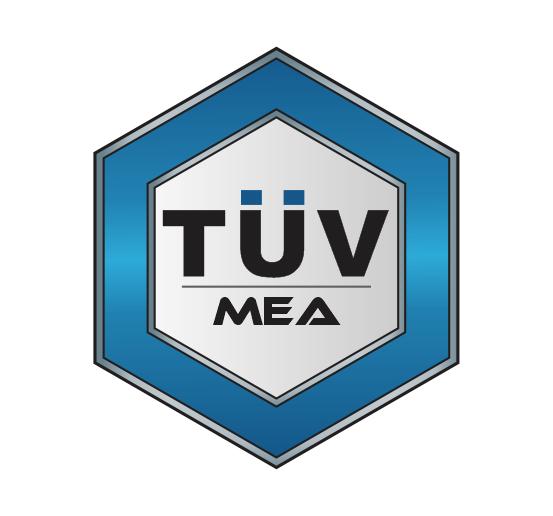ISO 50001:2018 (EnMS)
ISO 50001:2018 is an international standard that outlines the requirements for an Energy Management System (EnMS). An EnMS is a systematic approach that helps organizations manage their energy consumption, improve energy efficiency, and reduce energy-related costs and environmental impacts. Here’s an introduction to ISO 50001:2018 and its benefits:

Introduction to ISO 50001:2018:
ISO 50001:2018 is the international standard for energy management systems and is designed to provide organizations with a framework to establish, implement, maintain, and continually improve their energy management processes. It is based on the Plan-Do-Check-Act (PDCA) model, similar to other management system standards like ISO 9001 (Quality Management) and ISO 14001 (Environmental Management).
The key components of ISO 50001:2018 include:
Energy Policy: Organizations define their energy policy and set energy objectives to establish a clear direction for energy management.
Energy Planning: This phase involves understanding energy use, identifying energy-saving opportunities, and setting targets and action plans to reduce energy consumption.
Implementation and Operation: Organizations implement energy-saving measures, monitor performance, and ensure compliance with the energy policy and objectives.
Checking and Monitoring: Regularly monitoring and measuring energy performance, including conducting energy audits and management reviews.
Continuous Improvement: Organizations use the PDCA cycle to continually improve energy performance, which involves making adjustments and optimizing energy-saving strategies.
Benefits
ISO 50001 helps organizations systematically identify energy-saving opportunities and implement energy efficiency measures, leading to reduced energy consumption and lower energy costs.
By improving energy efficiency and reducing energy waste, organizations can experience significant cost savings in terms of reduced energy bills and operational expenses.
Energy management can contribute to the reduction of greenhouse gas emissions and other environmental impacts, helping organizations meet their sustainability and corporate social responsibility goals.
ISO 50001 can help organizations comply with energy-related regulations and standards. It can also be a competitive advantage in markets where energy efficiency is a consideration.
Implementing ISO 50001 demonstrates an organization's commitment to sustainability and responsible energy management, which can enhance its reputation among customers, partners, and stakeholders.
A well-implemented EnMS can lead to improved overall operational performance, as it often involves better resource management and optimization.
Involving employees in energy management efforts can lead to improved awareness and engagement, which can contribute to a positive workplace culture.
ISO 50001 helps identify and mitigate risks related to energy supply, price volatility, and energy-related disruptions.
Enhancing energy efficiency and diversifying energy sources can contribute to energy security by reducing dependence on a single energy source.
